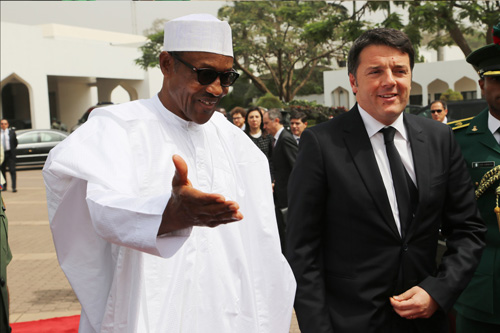Telecommunications firms on Tuesday, February 2, stated that the N600 billion tax they pay could boost economic growth should states and local government desist from arbitrary imposition of taxes and levies on its facilities.
During a courtesy call on Vice President Yemi Osinbajo at the State House, Abuja, the Association of Licensed Telecommunications Operators of Nigeria (ALTON), the umbrella body for all providers of telecom service in Nigeria, said the sector accounted for about 10 per cent of nominal GDP in 2014.
The sector accounted for over 30 per cent of the Nigerian Foreign Direct Investment (FDI) since deregulation in year 2001 and well up to half of our country’s FDI in between some years since 2001. It has also created over 20,000 direct jobs since liberalisation and 1.5 million indirect jobs.
Chairman of Alton, Gbenga Adebayo, who led the delegation said the easier access to basic communication services has transformed personal and business productivity and facilitated better government and security services delivery.
He added that ICT is also having a direct impact on the performance of Government at all levels.
Adebayo said: “Your Excellency sir, despite the above progress made, it is of great concern that our sector is still operating below its potentials and faces fundamental network operations and expansion challenges related to build capacity and viable infrastructure to support broadband roll out.
“However, we are faced with a number of issues for which we require intervention of government at the highest level including multiple taxations on telecom operators.”




